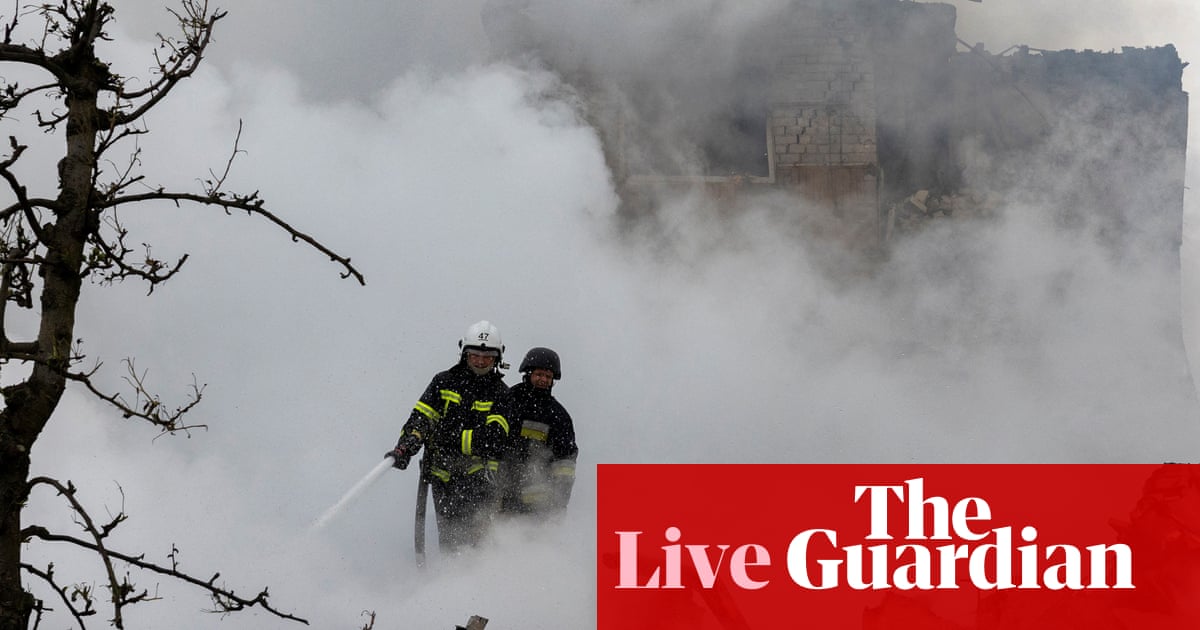As the economy turns, the Coalition finds itself out of step with the electorate.
Committed to a strategy of reminding Australians about the past three miserable years, Peter Dutton has overlearned the lessons of 2024, when voters angry at the soaring cost of living toppled a swathe of governments.
If Anthony Albanese was unlucky to inherit the most inflationary economy in a generation, the tide has turned at the right moment as he battles for a second term.
The surest marker of this sea change was the Reserve Bank of Australia’s interest rate cut on 18 February – the first in more than four years and confirmation that the battle to contain inflation was largely won.
The mortgage relief may have been minor but the change in psychology has been profound.
It’s a major reason why the killer question, “Are you better off now than three years ago?” has lost some of its potency in 2025.
Which is not to say cost of living does not remain top of mind for a huge number of households.
Australia is a markedly more expensive place to live than it was three years ago – and it wasn’t cheap then, either.
We’re reminded of how little our money buys every time we do the grocery shopping, pay our insurance premiums, or try to get a tradie in to fix something in the house.
Yet with a week to go to the election, polls show the Coalition is losing the mortgage belt, and is in a weaker position now than when the campaign began three weeks ago.
Many lay the blame on a poorly performing shadow treasurer, Angus Taylor, who may be a technically better economist than his counterpart, Jim Chalmers, but is a far worse political performer.
But it’s not just the message.
Focused on the past, Dutton and his team have looted policies from the Morrison government that are geared to fight the last war.
Take halving the fuel excise for six months. It’s the same measure introduced in March 2022 but set against a hugely different backdrop.
Three years ago petrol prices were spiking after Russia’s invasion in Ukraine.
Now oil prices are plunging and a litre of petrol is 10 cents cheaper than it was at the start of the year.
after newsletter promotion
Then there’s the low- and middle-income tax offset, which is worth as much as $1,200 for those earning up to $144,000 in 2025-26.
It’s another Morrison-era relic that became a feature of the former Coalition government’s response to the Covid-19 pandemic but feels slightly anachronistic now.
In contrast, Albanese and Chalmers have made a show of focusing on the future, of the progress that has been made. Sure, they really didn’t have much choice – but it has been the right one.
And there’s a good story to tell, albeit carefully.
Real wages have been climbing for a year and the battle to tame inflation has not pushed unemployment up. The economy has regained momentum and even the threat from Donald Trump’s trade war plays into the hands of the incumbents.
Labor will get another opportunity to trumpet this progress in Wednesday’s inflation figures. The headlines will be about further interest rate cuts on the way, and economists are talking about three this year.
That’s not to say that Labor has presented a compelling suite of meaningful reforms that are desperately needed to underpin the next era of national prosperity.
It hasn’t.
But when it comes to what swings votes and wins elections, the old trope holds true: it’s the economy, stupid.
And as the two major parties enter the final stretch to Saturday’s election, it has become clear that the economy on many punters’ minds is tomorrow’s, not yesterday’s.










